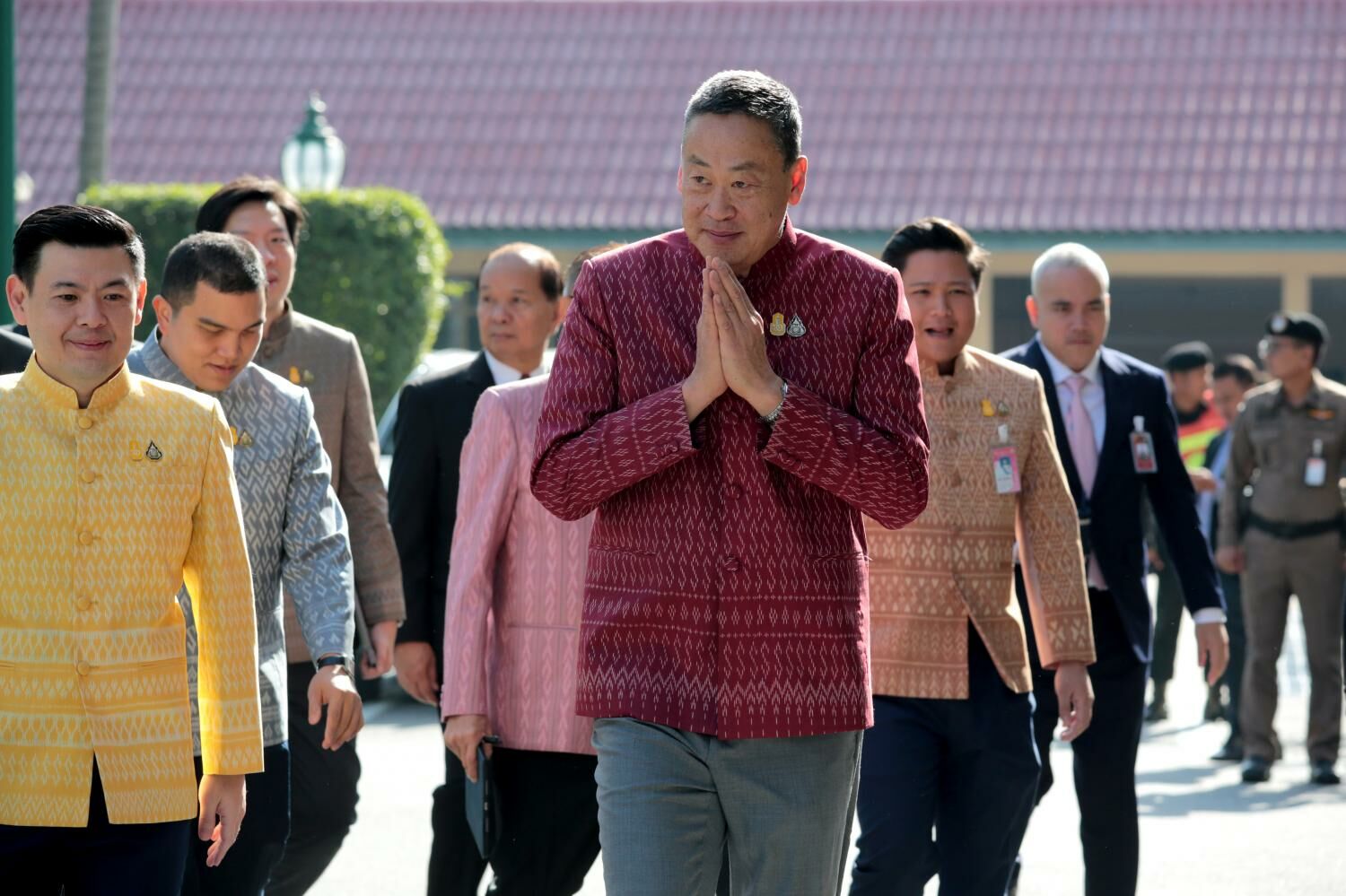Thailand’s EV policies and tech partnerships attract foreign investors

The Federation of Thai Industries (FTI) has projected that Thailand will become increasingly appealing to foreign investors, backed by distinct government policies encouraging investment. Prime Minister Srettha Thavisin recently endorsed a policy designed to stimulate Electric Vehicle (EV) production and consumption between 2024 and 2027.
This incentive package, known as EV 3.5, is expected to be a significant determinant in global EV manufacturers’ choice to invest in Thailand.
Last month, during the Asia-Pacific Economic Cooperation (APEC) Leaders’ Meeting in San Francisco, Prime Minister Srettha connected with executives from top corporations, including Tesla, Amazon Web Services, Google, Microsoft and Citigroup, and encouraged them to invest in Thailand.
Following this, separate partnerships were formed with Google and Microsoft to enhance Thailand’s artificial intelligence (AI) and cloud technologies, aiming to bolster the country’s digital competitiveness, said Kriengkrai Thiennukul, chairman of the FTI.
“The FTI believes more tech companies will consider investing in Thailand. I learned that one company already visited an industrial estate located in the Eastern Economic Corridor [EEC].”
The EEC, covering parts of Chon Buri, Rayong, and Chachoengsao, is planned to become a high-tech industrial hub accommodating 12 targeted S-curve industries, including next-generation car production and smart electronics, reported Bangkok Post.
Investment incentives
Understanding the government’s economic policies and the available investment incentives are critical factors in foreign business owners’ decisions to invest in Thailand. Last month, the FTI organised a forum inviting 300 investors from large companies in China, Taiwan, Japan, and the US. Here, they discussed with authorities the government’s policies, driven by the Pheu Thai Party-led coalition.
The 61 year old Thai PM, who presided over the forum, expressed Thailand’s eagerness to establish a new economy propelled by EVs, electronics, creative and digital industries, and high-value services. The Board of Investment, which provides investment incentives, has set an ambitious target to draw investment from over 100 leading companies, creating over 10,000 jobs within the next four years.
Between January and September, the board witnessed a surge in foreign direct investment applications. The number of foreign direct investment projects increased by 49% year-on-year, accounting for 910 projects, with a 43% increase in investment value reaching approximately 399 billion baht.
China was the largest source of investment applications, contributing 264 projects worth 97.4 billion baht, followed by Singapore with 133 projects representing a combined investment of 80.2 billion baht and Japan pledging a total investment of 43.1 billion baht in 176 projects, said Kriengkrai.
“The FTI believes many foreign companies want to expand their businesses into ASEAN and Thailand is under the spotlight.”
Latest Thailand News
Follow The Thaiger on Google News:


























